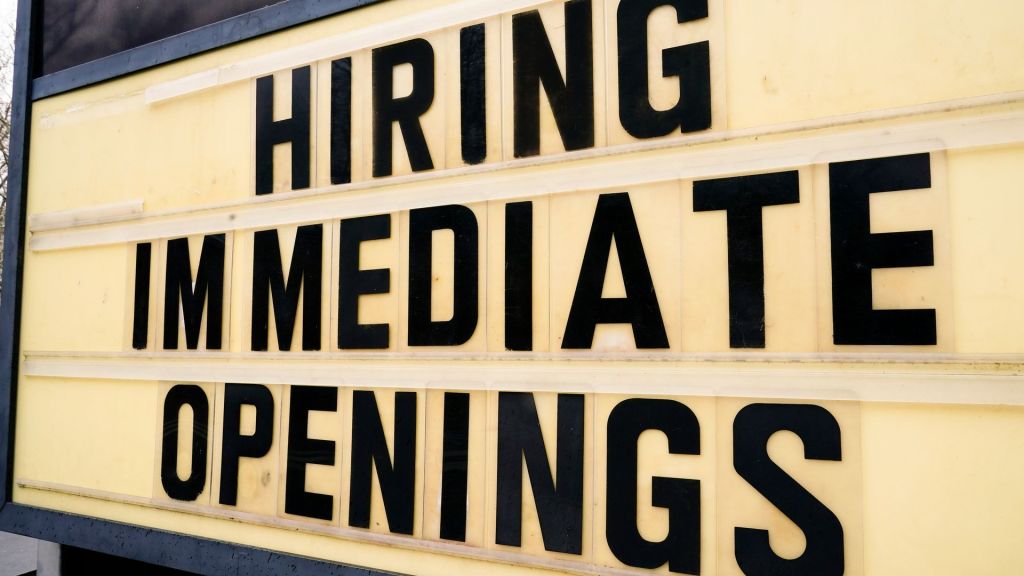Commentary
-
Our commentary partners will help you reach your own conclusions on complex topics.
Hi, I’m Sree Sreenivasan, and I talk about politics, technology and more. Today, I’m going to share some thoughts on cancel culture and why it’s not the issue most people think it is.
Senator Josh Hawley is a great example. Earlier this year, Simon & Shuster pulled the plug on a book deal with the senator because of his support for the January 6th rioters at the Capitol.
A frequent critic of all things “cancel culture” and “political correctness”, Hawley found himself on the receiving end of things.
He was so canceled that he had to go on some of the most-watched cable news shows in the country to talk about how canceled he was. He then talked about how canceled he was on the floor of the Senate. He went onto detail the extent of his cancellation in an op-ed for the New York Post.
Oh to be muzzled like that, in front of millions of people. And only for supporting a group of people who wanted to overthrow the government. To me, that sounds more like consequence culture than cancel culture.
The fact is that, according to polling from YouGov and others, half of America doesn’t really even know what the term means, nor do they really care.
Unsurprisingly, one’s ideology is a pretty solid indicator as to how they view cancel culture. 26% of Conservatives put cancel culture in their list of top 5 issues facing the country. It was 1% for Liberals.
80% of people between the ages of 18-44 are at least “somewhat familiar” with the term, but they don’t rank it as a crucial issue. They better settle in, because this will likely be one of the culture war boogeymen they deal with for most of their lives.
This will have electoral impacts, as young Republicans are absolutely embracing the “issue” as a core tenet of their identity, and a lot of it boils down to race.
The largest bloc of young Republicans are white men, and 43% of young white men think that discrimination against white people has become as big a problem as discrimination against Black people and other minority groups. Half say that diversity efforts will harm white people.
In short, it’s going to be a long couple of decades.
Free speech does not mean speech without consequences. In fact, it means that you may well face consequences for the things you say, and there may even be a movement created to actively counter the things you say — this is the marketplace of ideas at work. And it tends to be the people that most espouse its virtues who rail against it when it doesn’t serve them. Like so much of what they do, it’s just grift, plain and simple… society be damned.
-
Service industry workers deserve better treatment
Can you imagine how difficult the past two years would have been without the hard-working members of the service industry? I can’t. If those people hadn’t reported for duty to make deliveries, stock grocery shelves, and maintain the trains, trucks, and planes that our economy relies on so heavily, the pandemic would have been exponentially…
-
Stop playing around, podcast platforms. You’ve got work to do!
Social media giants are under more pressure than ever to clean up their content, but what about podcast platforms like Apple, iHeart Radio, Spotify, and more? We’ve seen congressional hearings, countless investigative reports, and leaked documents pointing to the ill effects of big social media on all aspects of society, and I’ve talked about what we…
-
We should all be a little more “woke”
To conservatives, there is no four-letter word more vile or offensive than “woke”. The mere mention of it agitates right-wing media to the point where they will waste a good portion of their on-air time ranting against the “Radical Left” and its “woke” agenda. Black Lives Matter and all-gender bathrooms are just two of the…
-
Big Tech must do better
Big Tech is failing us in a big way. Companies like Facebook, Amazon, and Google launched with enormous goals and plans to change the world, and in many cases, they have, but the pandemic has shown us the true colors of these tech giants. Yes, technology kept the world turning on many levels as Zoom…
-
The moral failings of the anti-vaxx movement put everyone at risk
One of the most damaging consequences of the pandemic is the supercharged anti-vaxx movement. Anti-vaxxers used to occupy a small corner of society most rational people dismissed, due to willful ignorance and stubborn refusal to accept the results of careful scientific process. However, COVID-19 and the subsequent vaccines that have allowed us to safely resume…
Latest Opinions
-
 Getty Images
Getty Images
Chinese hackers target US infrastructure with new persistence
-
 Getty Images
Getty Images
What Senate rules say about dismissing Mayorkas impeachment
-
 Reuters
Reuters
USPS asks for billions more in aid 2 years after getting $107B
-
 Getty Images
Getty Images
France says it has contingency plans as Olympics security questions arise
-
 Getty Images
Getty Images
Biden admin deal will give $6.4B to Samsung to boost chip production
Popular Opinions
-
In addition to the facts, we believe it’s vital to hear perspectives from all sides of the political spectrum.


